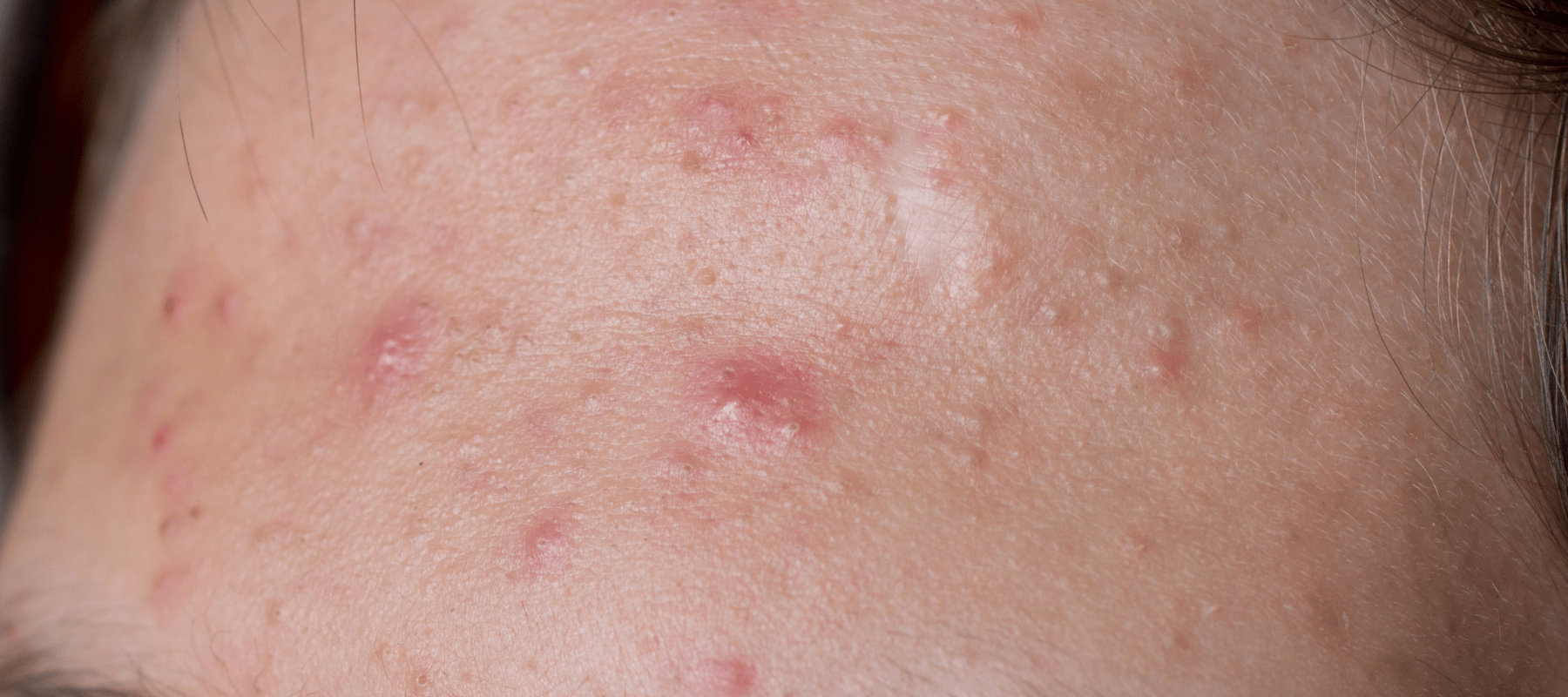
The Ultimate Guide to Using Benzoyl Peroxide for Pimples: A Dermatologist's Perspective
If you want your skin to fight acne, you need to apply the right ingredients. Benzoyl peroxide has been proven to have the potential to fight acne-causing bacteria. Scroll through this article to learn more about the importance of benzoyl peroxide for pimples.
How Does Benzoyl Peroxide Work?
When you apply benzoyl peroxide on the skin, it creates a film on your skin's surface. With the help of heat, this ingredient forms free radicals for fighting acne breakouts. These free radicals kill the bacteria responsible for causing inflammation and acne.
Benzoyl peroxide works well on blackheads and whiteheads, as well as pus-filled acne and cystic acne. Apart from acne breakouts, benzoyl peroxide can also treat age spots, acne scars, and blemishes.
What Are the Pros of Using Benzoyl Peroxide on Pimples?
Some key benefits of using benzoyl peroxide for pimples are as follows:
- The ingredient reduces antibiotic resistance in treating pimples.
- Benzoyl peroxide is often prescribed to people with pustular acne.
- This ingredient can also help treat back acne, chest acne, and truncal acne.
- It can help in quickly drying different types of acne, including blackheads, whiteheads, and cystic acne.
- Benzoyl peroxide serves as an exfoliant to eliminate dead skin cells and helps in removing acne scars indirectly.
Also read: Understanding the Different Types of Acne Scars
What Are the Negative Effects of Using Benzoyl Peroxide?
Benzoyl peroxide is usually considered to be safe for treating acne. But, when used in higher concentrations, this ingredient can lead to allergic contact dermatitis. At times, using benzoyl peroxide might cause bleaching around the application spot.
How to Use Benzoyl Peroxide for Pimples
Like other ingredients for acne treatment, you need to carefully incorporate benzoyl peroxide into your skincare treatment. While newer skincare formulations with benzoyl peroxide contain a moisturising base, they can still cause irritation on the skin. Therefore, it is crucial to find the formulation with the least amount of irritation on the skin.
You should go for formulations that help the chemical to seep deeper into the oil glands. It will help in reducing the irritancy of the chemical. Moreover, you should begin by applying it for shorter periods before moving on to the overnight application.
You can even apply benzoyl peroxide on popped pimples if it doesn't cause too much irritation on your skin. But remember to apply a moisturiser after using the ingredient to prevent your skin from drying too much.
Also Read: Different Types of Pimples & Treatments for it
Tips for Applying and Maximising Its Effects
Some tips for applying benzoyl peroxide on the skin to get maximum benefits are as follows:
- Don't use any harsh cleanser when you have benzoyl peroxide in your skincare routine.
- Use a non-greasy moisturiser like the Acne Care & Healing Gel Moisturiser with Tea Tree & Cica to prevent dryness. It is a great option for moisturising.
- Use sunscreen to create a layer of protection on your skin during the daytime.
- Avoid using chemical exfoliants or DIY scrubbing remedies.
- If you are using it in areas like your back, don't wear clothes till the ingredient dries up to avoid bleaching.
Alternatives to Benzoyl Peroxide for Pimples
While benzoyl peroxide is mostly safe for treating pimples, it might not have a positive effect on everyone's skin. In case benzoyl peroxide is causing irritation or too much dryness, you should stop using it. You will come across several alternatives to benzoyl peroxide to deal with acne breakouts.
For instance, salicylic acid is a powerful alternative to benzoyl peroxide and is found in a multitude of skincare products. The Pink Foundry has an effective range of anti-acne skincare products with salicylic acid as a key ingredient.
You can use the Clearing & Calming Acne Face Wash with ingredients like salicylic acid, sodium cocoyl glycinate, and glycerin. It will efficiently remove impurities while providing hydration to your skin. The product works on existing breakouts and prevents future ones without causing any redness or irritation on the skin.
Another acne treatment product with salicylic acid in it is the Overnight Acne Spot Corrector. With overnight application, it can quickly give you clear skin by shrinking existing acne on your skin.
Conclusion
Benzoyl peroxide is one of the best ingredients in the skincare regimen of people with cystic acne. While it usually doesn't cause long-term side effects, some people might experience too much dryness with its consistent application. If the ingredient doesn't seem to be working for some people, they need to opt for an alternative, like salicylic acid, to deal with their acne breakouts.
FAQs:
1. What concentration of benzoyl peroxide should you use on the skin?
Benzoyl peroxide in varying concentrations is found to be beneficial for dealing with acne breakouts. But, the ingredient's higher concentrations might cause excessive dryness on the skin. Usually, a 2.5% concentration of benzoyl peroxide will have the same effect on acne as a 5% concentration. Therefore, it's crucial to consult a dermatologist and understand your skin type to pick the right concentration.
2. What to do if I am allergic to benzoyl peroxide?
If you are allergic to benzoyl peroxide, you will have to focus on incorporating other acne-fighting ingredients into your skincare regimen. For instance, you can include skincare products with salicylic acid to effectively fight off acne-causing bacteria.






















































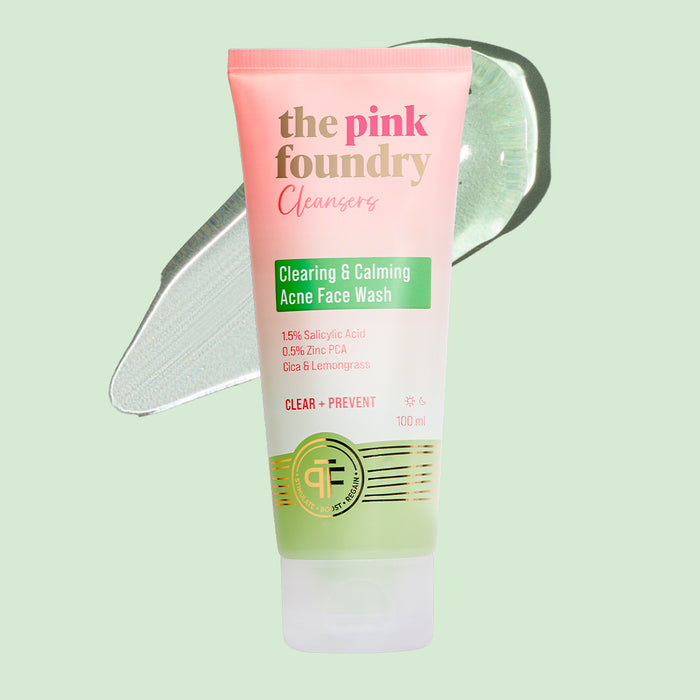

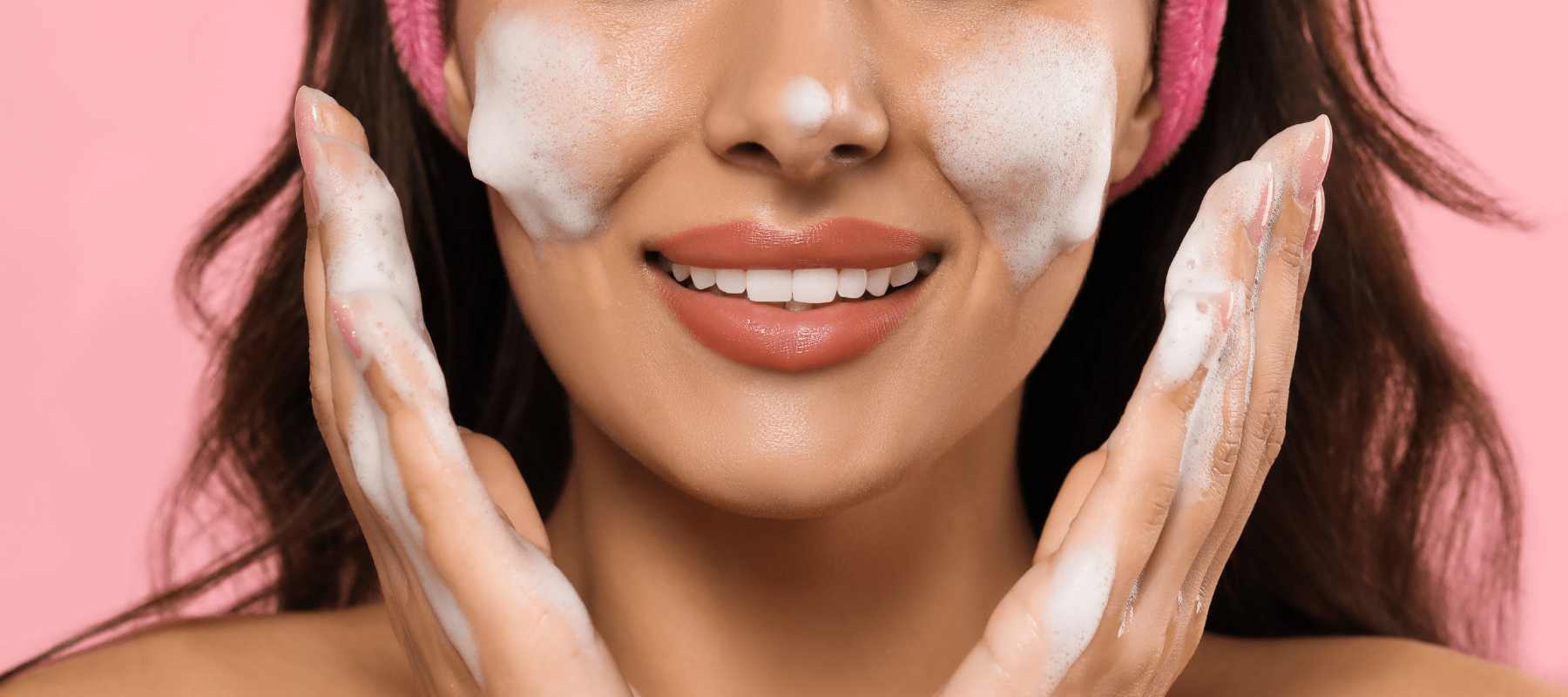
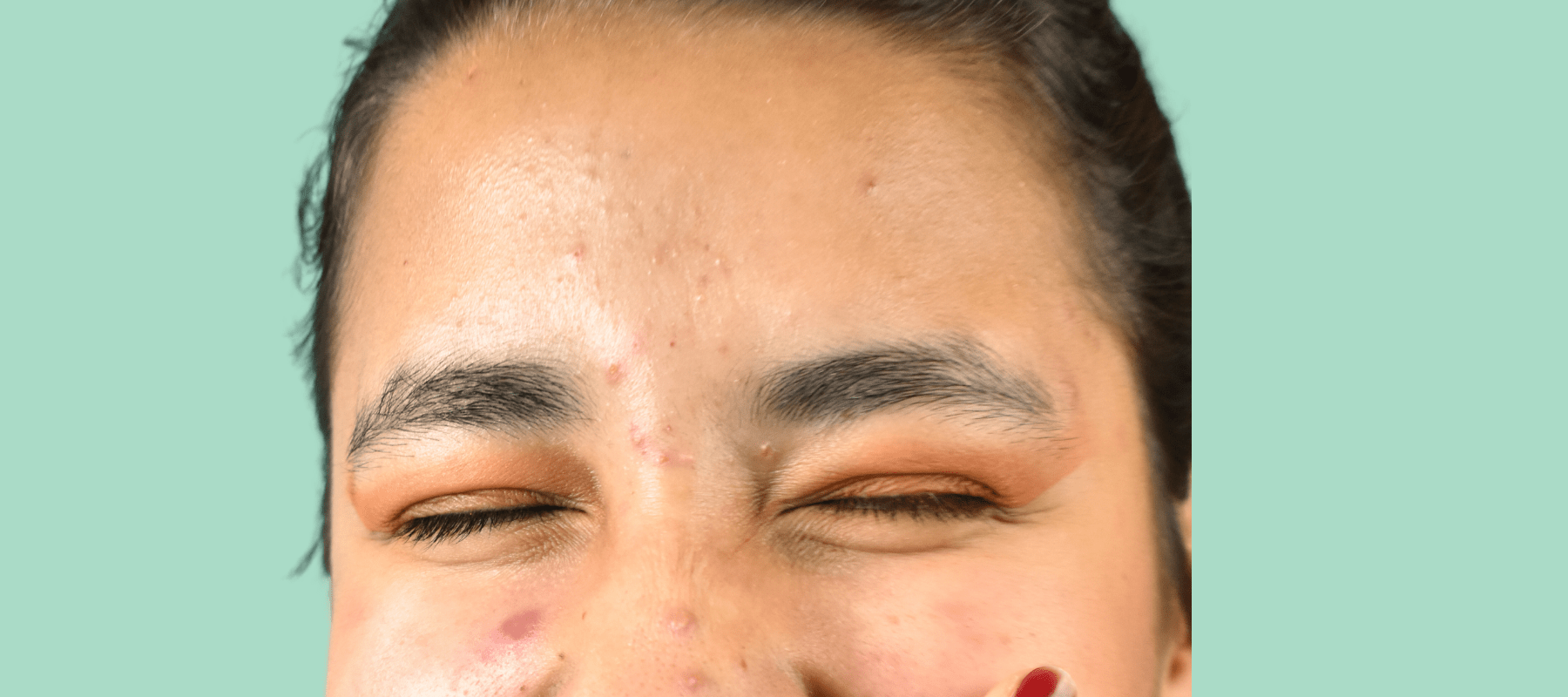
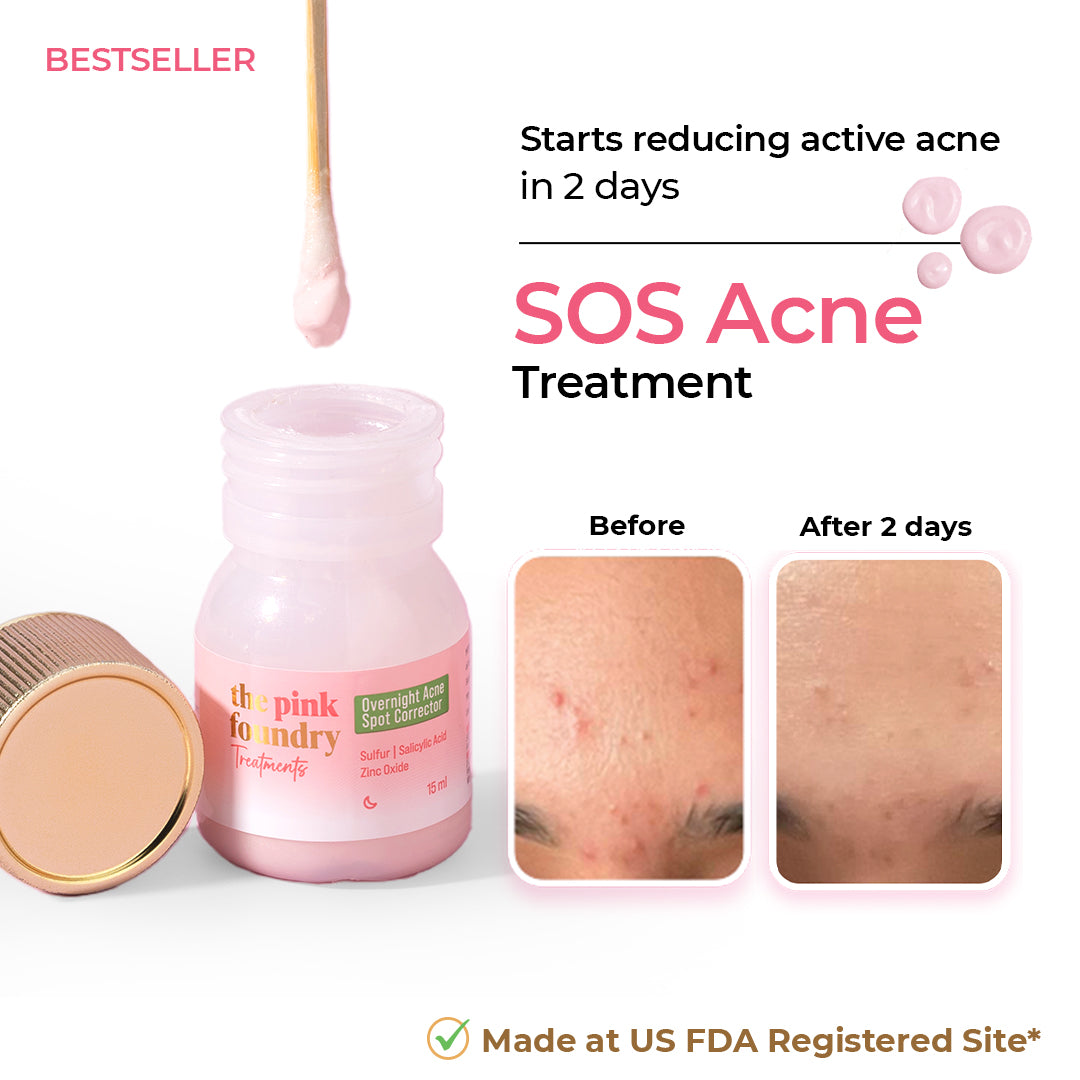
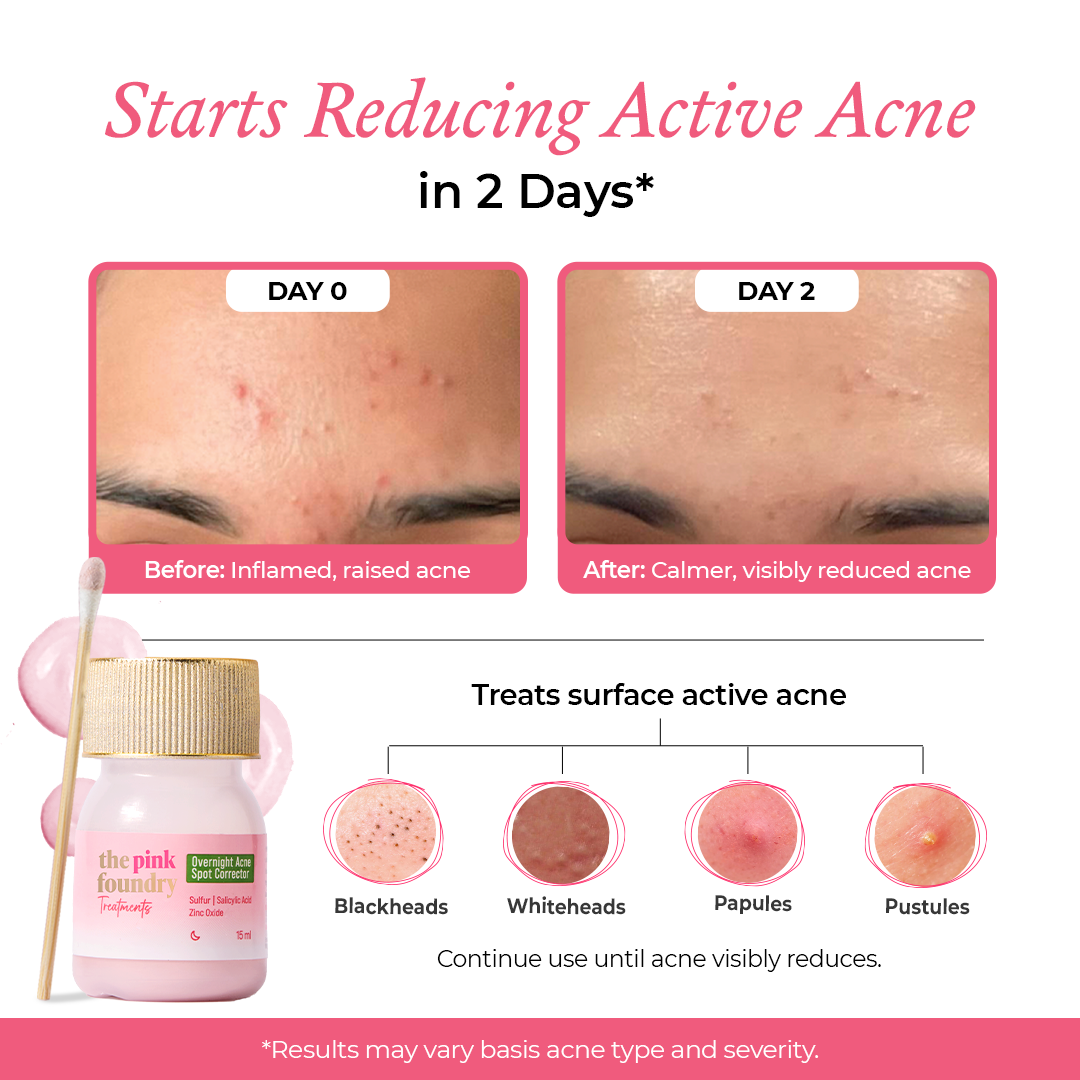


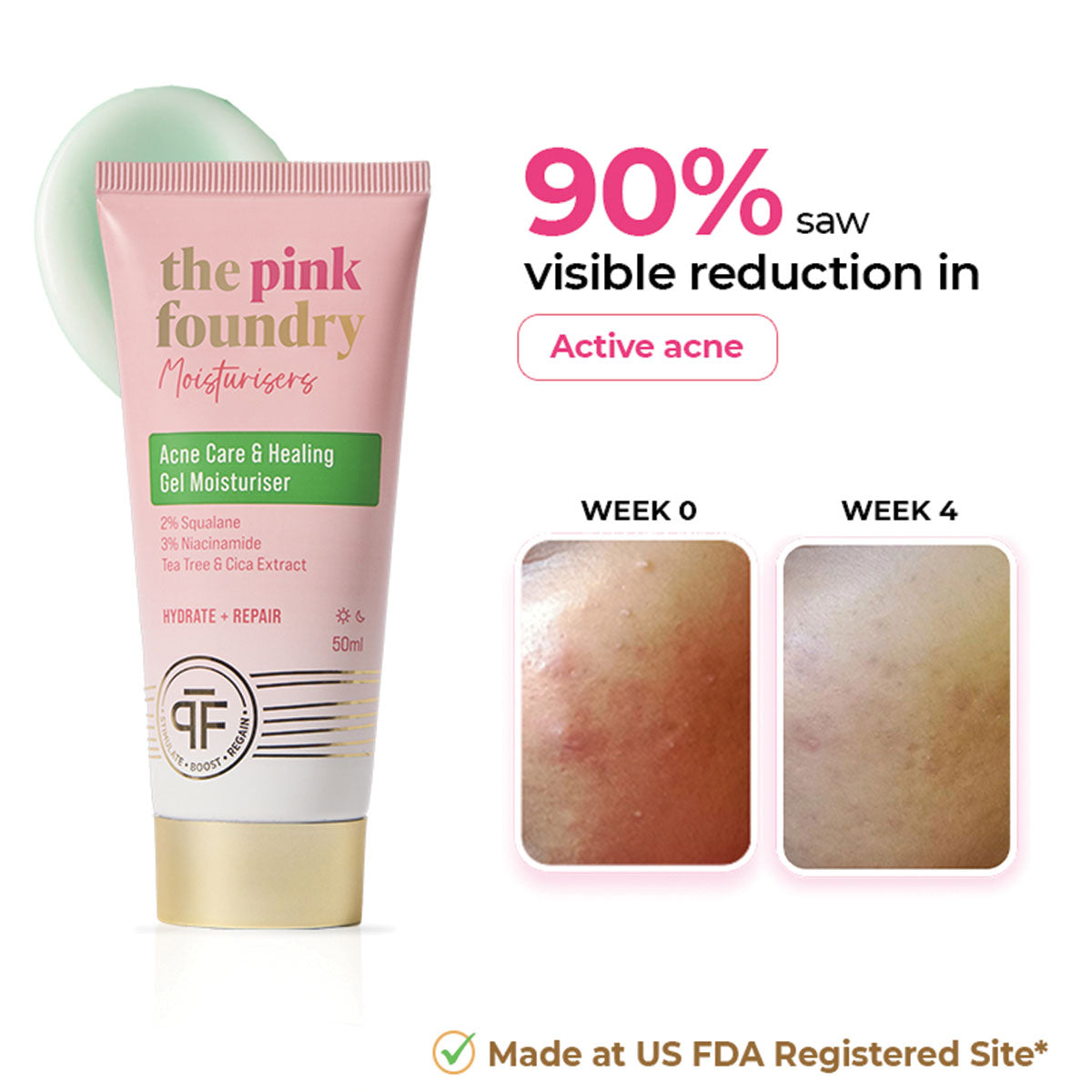
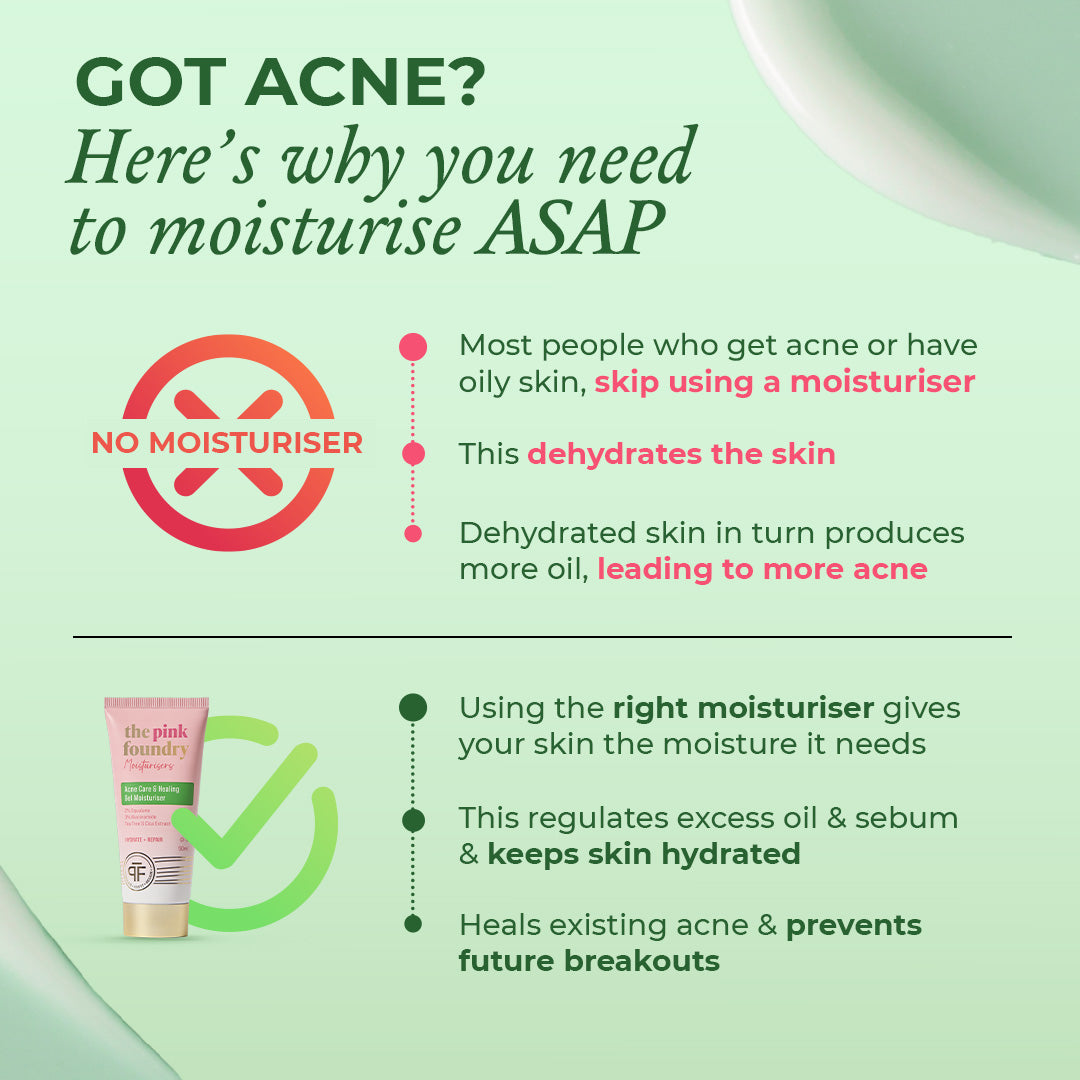










Leave a comment
This site is protected by hCaptcha and the hCaptcha Privacy Policy and Terms of Service apply.